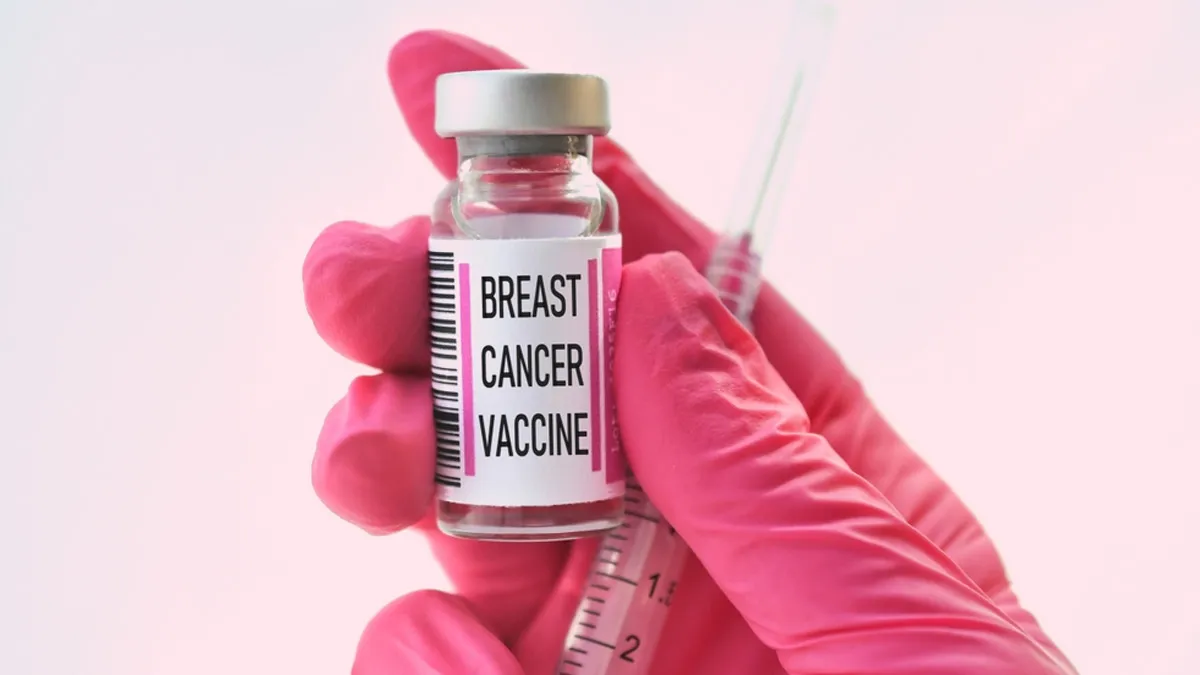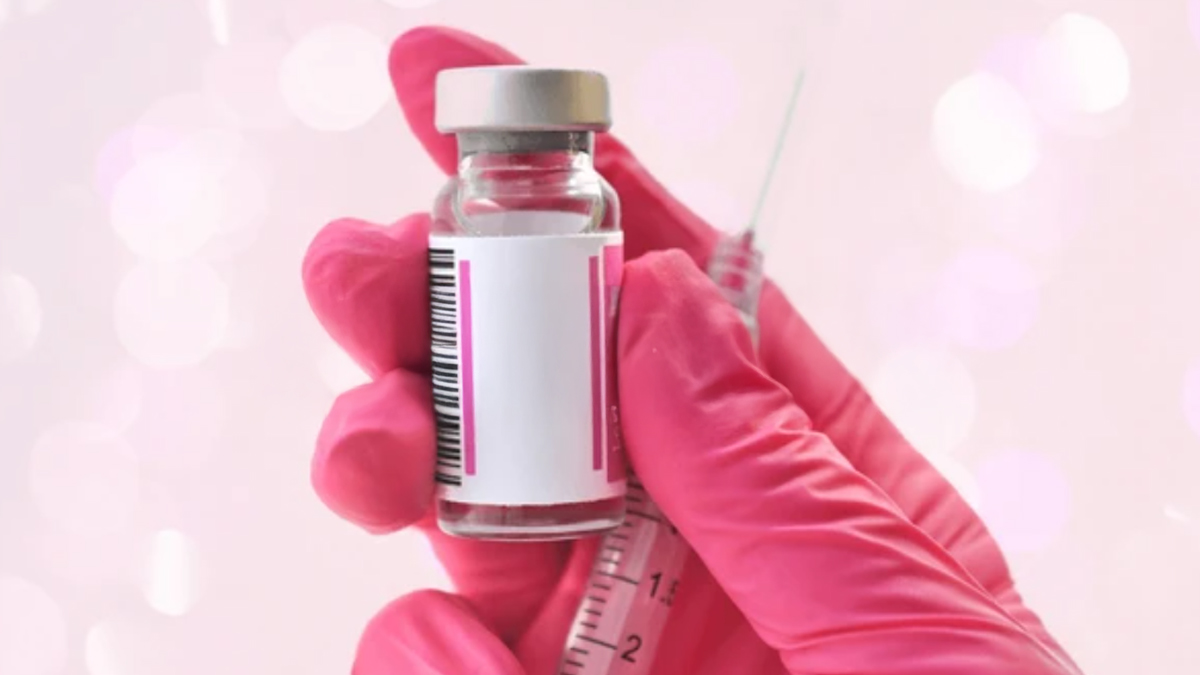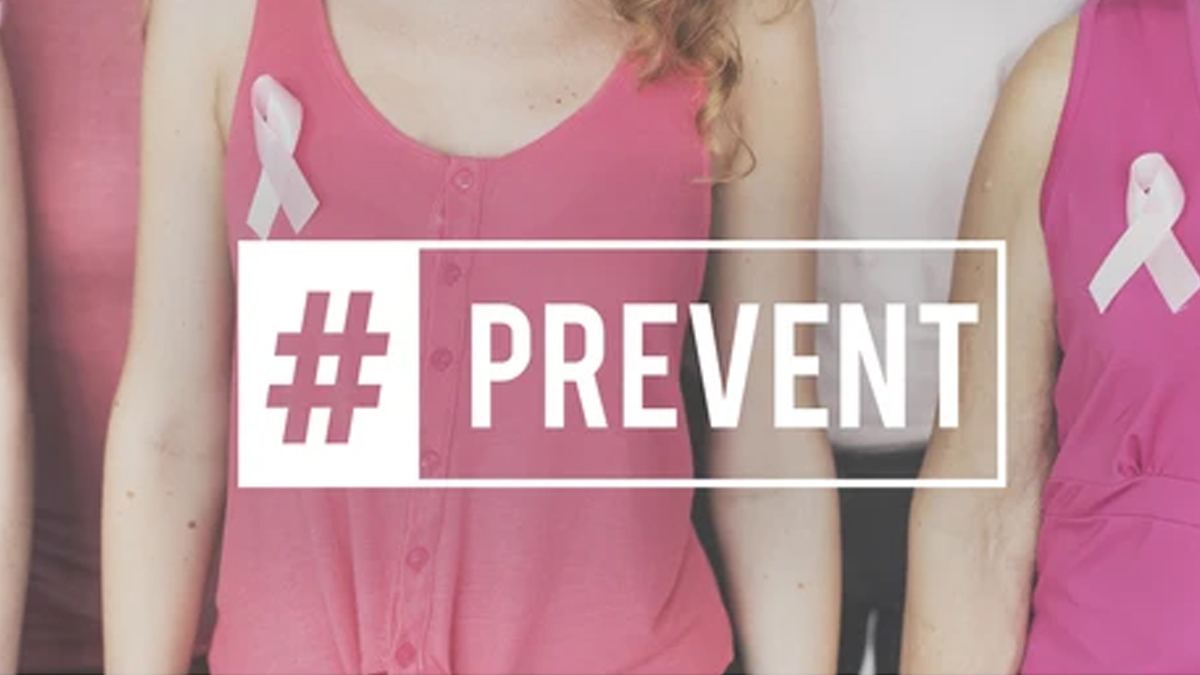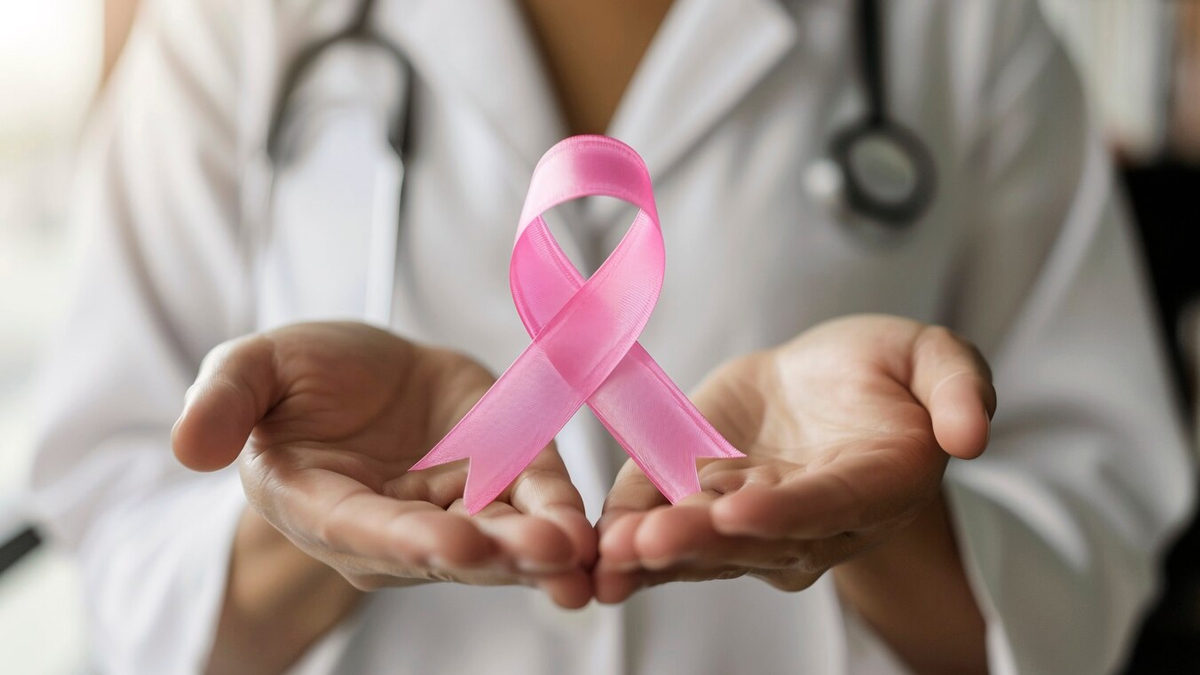
Breast cancer remains one of the leading causes of death worldwide and is the most common cancer among women, affecting 20.4 lakh women and causing 6.7 lakh deaths in 2022, according to the World Health Organization. In India, it is estimated that one in 28 women will develop breast cancer during her lifetime.
Table of Content:-
While there's currently no way to predict who will develop breast cancer, a recent breakthrough offers hope, suggesting that in the near future, we may be able to stop it. Anixa Biosciences, Inc., a biotechnology company, recently announced the successful completion of phase 1 clinical testing of its breast cancer vaccine in collaboration with Cleveland Clinic.
In an interview with Vogue, Amit Kumar, PhD, CEO of Anixa Biosciences, Inc., shares, "The vaccine is designed to mobilise the patient’s immune system to find, recognise, and destroy breast cancer cells for primary prevention," adding, "If a patient is vaccinated and [their] immune system is trained to destroy the cancer cells when the cancer appears, the vaccinated immune system will destroy the cells before they can grow into a cell tumour."
How Does Anixa's Breast Cancer Vaccine Work?

Imagine if breast cancer could be stopped before it even had a chance to grow. That’s what researchers behind the Anixa breast cancer vaccine are hoping to achieve.
According to reports, the vaccine, which comes in a set of three shots given to patients two weeks apart, trains your immune system to recognise and destroy a protein called alpha-lactalbumin, which is normally only found in the body during breastfeeding but shows up again in many cases of triple-negative breast cancer, a particularly aggressive form of the disease.
What makes this approach unique is that it doesn’t just aim to treat cancer after it appears; it’s designed to prevent it from happening at all.
What Does Research Suggest?
The Phase 1 trial involved 35 women who were at high risk of developing triple-negative breast cancer, the New York Post reported. These included cancer survivors and some who carried the BRCA gene mutation known to increase the breast cancer risk.
Positively, over 75% of the participants developed a strong immune response to the vaccine, with no serious side effects reported, just some mild irritation at the injection site.
While it's still too early to say if the vaccine can actually prevent breast cancer from recurring or developing in the first place, these early results are a promising first step. “It’s a very new mechanism, and we think that if this works and is able to prevent cancer, then we can perhaps eliminate breast cancer as a disease, just like we’ve done for polio and various other infectious diseases,” Kumar told The Post.
The findings lay down the foundation for larger trials, with Phase 2 expected to begin in 2026.
Who Might Benefit From The Breast Cancer Vaccine?

Anyone can develop breast cancer, but for women who’ve already been treated for breast cancer, the vaccine could help lower the risk of it coming back. And for those with a higher risk due to family history or other factors, it could offer an added layer of protection.
While more research and trials are still underway, this breakthrough brings hope for a future.
Also Read: What Is a Double Mastectomy? John Mulaney Details Olivia Munn’s Cancer Journey
Why It Matters For Indian Women

A breast cancer vaccine would mean wonders for women and men around the world. For Indian women, particularly, it could be life-changing.
Triple-Negative Breast Cancer (TNBC) is one of the most aggressive forms of breast cancer, and it affects Indian women at disproportionately high rates. According to research, TNBC prevalence in India is estimated to be around 31%, with a range from 27% to 35% in various studies. This makes prevention all the more urgent.
The new Anixa breast cancer vaccine, which targets a protein found in around 70% of TNBC cases, offers a promising solution for those at high risk, including BRCA mutation carriers and cancer survivors.
Conclusion
Although it is still early to tell whether the Anixa breast cancer vaccine will prove effective, its development marks a major breakthrough, providing hope. For millions of women, especially those in high-risk groups or countries like India where aggressive forms like TNBC are more common, this vaccine could offer more than just protection. As larger trials unfold and research advances, there is real hope that breast cancer may one day become not just treatable, but preventable.
Also watch this video
How we keep this article up to date:
We work with experts and keep a close eye on the latest in health and wellness. Whenever there is a new research or helpful information, we update our articles with accurate and useful advice.
Current Version